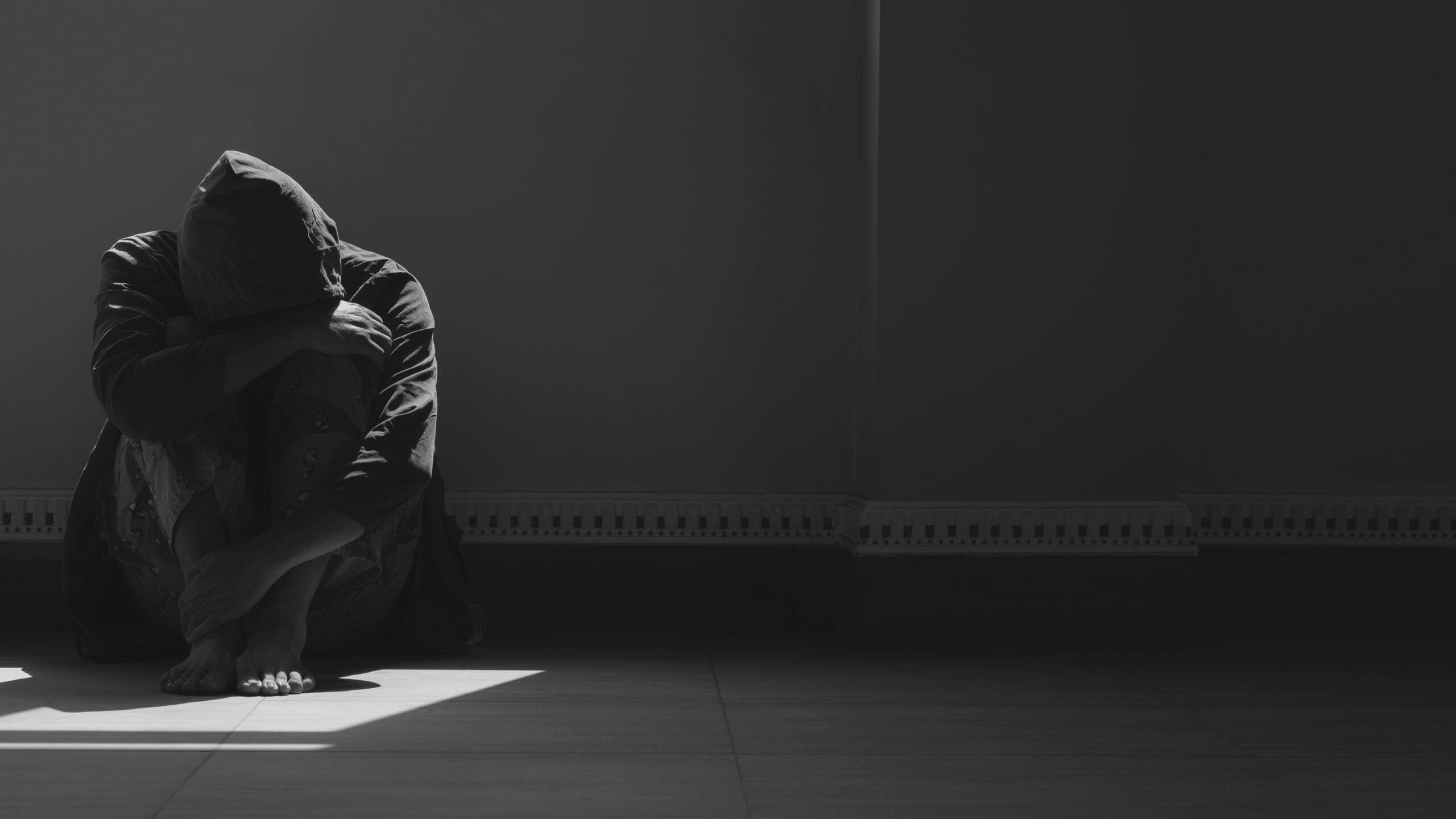By: Sally Palmer.
See original post here.
The cold, wet weather of late winter and early spring was discouraging for everyone, combined with illness and restrictions brought on by COVID-19, and inflation rising to a 30-year high. But most of us have had a warm place to live and access to healthy food.
It has been much worse for our citizens who depend on social assistance, which the PC government has frozen at $733 per month since 2018, for single people considered to be employable. No indexing to inflation, despite Canada’s annual rate peaking to 6.7 per cent in March. And no mention of social assistance rates in the Ontario budget.
The Hamilton Social Work Action Committee and the Campaign for Adequate Welfare and Disability Benefits began a petition campaign asking the government to raise social assistance rates to match the federal CERB benefit: $2,000 per month for single people who lost their employment during the pandemic. To get “in-person” signatures, we reached out to people who lined up outdoors for donated food, often for over an hour in miserable weather.
One cold, rainy evening at the Ferguson Avenue station we approached a group of about 25 hungry people, many living on social assistance, some with no fixed address. They were there for food, shivering in the cold rain, when a truck came by with light snacks at 5:30 p.m. After a 90-minute gap, some church volunteers arrived to cook hot food for the small crowd. No one had given up and left. We met many of the same people on Saturday mornings at Gore Park, again waiting patiently in the cold for food.
Some of the food seekers refused to sign our petition, saying that the government will never increase social assistance. We are also hearing this now, as we knock on doors in government-subsidized apartment buildings, encouraging the residents to vote.
We can understand why social assistance recipients have given up on being treated fairly by our government.
Some of them were part of a basic income pilot, initiated by the previous Liberal government. Researchers from McMaster University found that many participants reported improvements in their physical and mental health, they had more hope for the future, and some had reached out for education and training that would help them to find employment.
During the 2018 election campaign, the PCs promised to continue the basic income pilot, but cancelled it after winning the election. The last time a PC government gave a raise to social assistance was six per cent in 1985. This was nullified 10 years later by a 21.6 per cent cut by the Mike Harris government.
Ironically, this government promised to make improvements to social assistance in their 2018 election platform. In Premier Ford’s words, “The best form of social assistance is a job.” He planned to find employment for recipients by subsidizing employers for the first few months. This approach has been used in other countries, but evaluations showed that the employees were dismissed when the subsidies ended. Although the government has promoted this plan over the past four years, there has never been a report on its progress.
It is understandable that the hungry people who wait for food in miserable weather have given up on the government.
Progressive Conservative candidates are seeking re-election at a time of extreme inflation, without even mentioning social assistance in their budget. This suggests that citizens who are hungry and homeless do not exist on their radar. We hope that public-spirited people will remember this when they vote June 2.




















